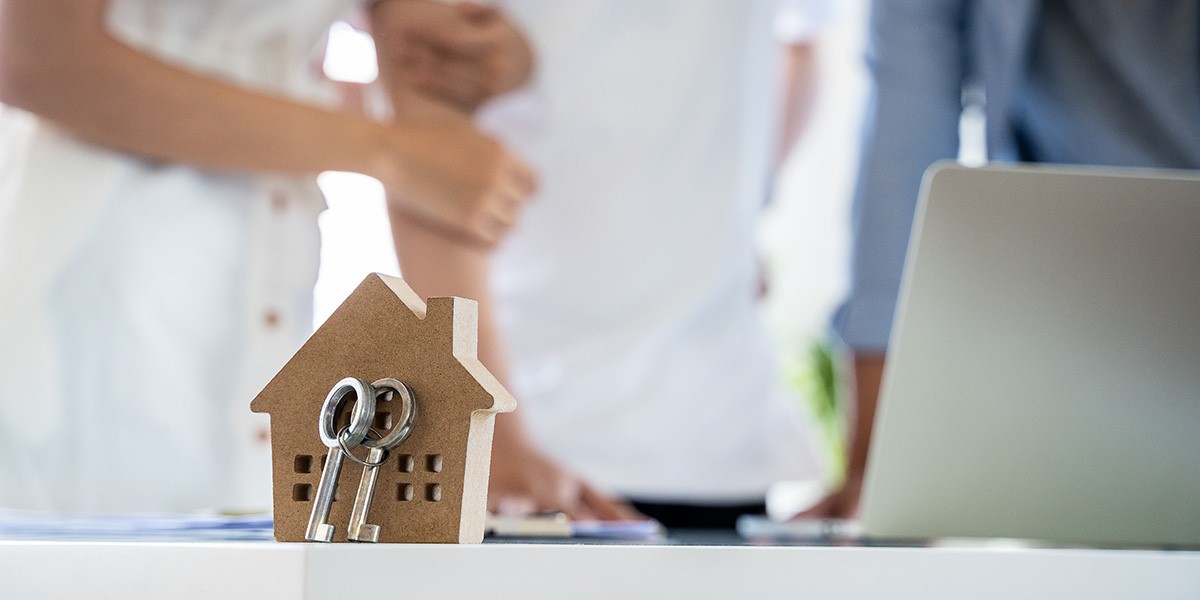Buying a second home

How to buy a Second Home: what you need to know
Buying a second home can be an exciting investment, whether for holidays, family use, or rental income. It’s also a major financial commitment, as it comes with higher deposits, stricter lending rules, and additional taxes. This guide explains how to finance a second property, the mortgage options available, and the key tax and legal considerations to understand before buying.
Why do people buy a Second Home?
People buy second properties for a range of reasons, including:
- As a holiday home near the coast or countryside
- To house a family member or provide accommodation for children studying away
- As a long-term investment or future retirement property
- To generate income through holiday lets or buy-to-let rentals
Whatever the reason, understanding the financial and legal implications before purchasing is essential.
Can I buy a second home using equity?
Yes. You can buy a second property by releasing equity from your main home. This means taking out a new or larger mortgage secured against your existing property.
You’ll usually need a minimum 25% deposit for a second home mortgage.
To calculate your equity, subtract your remaining mortgage balance from your home’s current market value. Lenders will then assess your total equity, income, and affordability before approving a loan.
Does the deposit increase on a Second Home?
Yes. Second home mortgages typically require a deposit of at least 25%, compared with 5–10% for a first home.
You may be able to remortgage your main property and use the released funds to cover the deposit. However, lenders will check your debt-to-income ratio carefully to ensure you can manage two mortgages simultaneously.
What kind of mortgage do I need for a Second Property?
You will need a second home mortgage, which involves stricter affordability checks. Lenders want to see that you can afford both mortgages, even if your rental income or other earnings change.
Depending on your plans, you may need a specialist product such as:
- Buy to Let Mortgage: for properties you intend to rent to tenants long-term.
- Holiday Let Mortgage: for short-term holiday rentals or Airbnb-style letting.
Lenders will also consider your age, income stability, and ongoing financial commitments before approval.
Is it harder to get a mortgage on a Second Home?
Yes. Getting a mortgage for a second property is more challenging because you already have existing financial commitments. Lenders will look for:
- A larger deposit (minimum 25%)
- Proof of income sufficient to cover two sets of mortgage payments
- Good credit history and manageable debt levels
- A sustainable repayment plan based on age and projected income
How Does Buying a Second Home Affect Tax?
Buying a second property will have tax implications. You will pay a higher level of stamp duty than on your main residence, and won’t benefit from the 0% rate on properties up to £250,000. See the table below for the current rates (as of August 2023) of stamp duty on additional properties:
England and Northern Ireland Stamp Duty Rates for Second Properties:
Up to £250,000 3%
£250,001 - £925,000 8%
£925,001 - £1.5m 13%
Above £1.5m 15%
Capital Gains Tax (CGT)
If you sell your second home for a profit, you’ll pay Capital Gains Tax on the increase in value.
- Basic rate taxpayers: 18%
- Higher rate taxpayers: 28%
The first £12,000 of gains (per person) is exempt under the CGT allowance.
Council Tax
You’ll also need to pay council tax on your second property unless you qualify for an exemption or discount. Check with your local council for specific rules and rates.
What Are the Additional Costs of Owning a Second Home?
Alongside the purchase price and deposit, you’ll need to budget for standard costs associated with purchasing a home such as:
- Mortgage arrangement and valuation fees
- Legal and conveyancing fees
- Survey and inspection costs
- Insurance premiums (home, contents, and landlord cover if renting out)
- Ongoing maintenance, utilities, and management expenses
Owning two properties also means double the ongoing costs, so financial planning is essential.
Let us help with your property search
If you’re thinking of buying a second home, we can help. Get in touch with your local branch today!
Interested in selling your property?
Find out how much your property is worth.
